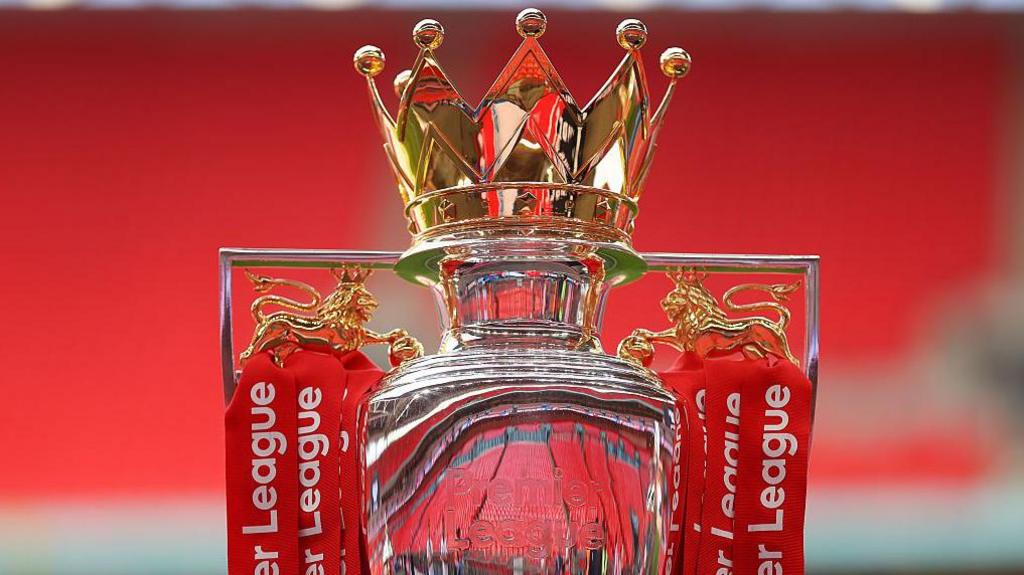The Independent Football Regulator (IFR) is introducing a new owners’ test to block ‘rogue’ individuals from owning English football clubs. This follows the Football Governance Bill, aiming to oversee England’s top five divisions. The new test assesses honesty, integrity, and financial soundness, allowing action against unsuitable incumbent owners. Public consultation is open until October 6, with the IFR planning to implement changes soon after.
The Independent Football Regulator (IFR) is set to introduce a stringent new owners' test aimed at preventing unsuitable individuals from acquiring and mismanaging football clubs in England. This move comes as a direct response to growing concerns over the financial stability and governance of several clubs across the English football pyramid.
 Image source, Getty Images
Image source, Getty ImagesThe Independent Football Regulator will oversee the top five divisions in English men's football
The Football Governance Bill, which received backing from Members of Parliament earlier this year, paved the way for the establishment of the IFR. The regulator's primary mission is to oversee the top five divisions of English men's football, ensuring clubs are run sustainably and in the best interests of the sport.
The IFR's first significant policy announcement centers around a comprehensive overhaul of the existing owners' and directors' test, often referred to as the "fit and proper person test." The current test has faced widespread criticism for its perceived inadequacies, allowing individuals with questionable backgrounds and intentions to take control of clubs.
The new owners' test proposed by the IFR aims to address these shortcomings by implementing stricter criteria and broadening the scope of assessment. It will not only evaluate prospective new owners but also provide the power to review and take action against existing owners who fail to meet the regulator's standards.
The IFR emphasized that the new proposals will empower the regulator to "hold clubs and individuals to account." This includes the ability to impose financial penalties, issue public censures, and, in severe cases, require owners to divest from a club.
The assessment process will focus on the "honesty, integrity, and financial soundness" of potential club owners. Furthermore, individuals must demonstrate they possess the "necessary skills and experience" to effectively manage a football club. This holistic approach aims to ensure that only competent and ethical individuals are entrusted with the responsibility of running these vital community assets.
Unlike the current owners' and directors' test, the IFR's proposals will enable the regulator to scrutinize not only new prospective owners but also those already in positions of power. This retrospective element is crucial for addressing situations where owners' conduct or financial practices deteriorate after acquiring a club.
"Good owners, running clubs effectively, will experience minimal impact. However, if the IFR has concerns about the suitability of an incumbent, it will be able to take action," the IFR stated, underscoring the regulator's commitment to proactive intervention when necessary.
The proposals are currently subject to a consultation process, with members of the public invited to participate until October 6. The IFR plans to publish its response to these consultations later this year, with the aim of implementing the new owners' test as soon as possible.
The need for stronger regulatory oversight in English football has been underscored by several recent cases of clubs facing financial turmoil under their owners. Championship club Sheffield Wednesday, for instance, is currently under investigation by the English Football League due to various financial issues, including late payments to HM Revenue & Customs and delayed salary payments.
Similarly, National League side Morecambe narrowly avoided closure in July after experiencing severe financial distress under its former owner. These cases highlight the vulnerability of clubs when owners fail to provide adequate funding and demonstrate responsible financial management.
The IFR's proposed owners' test represents a significant step towards safeguarding the future of English football clubs and protecting them from the risks associated with irresponsible or unscrupulous ownership. By implementing stricter criteria and broadening the scope of assessment, the regulator aims to ensure that clubs are run sustainably, ethically, and in the best interests of their fans and communities.